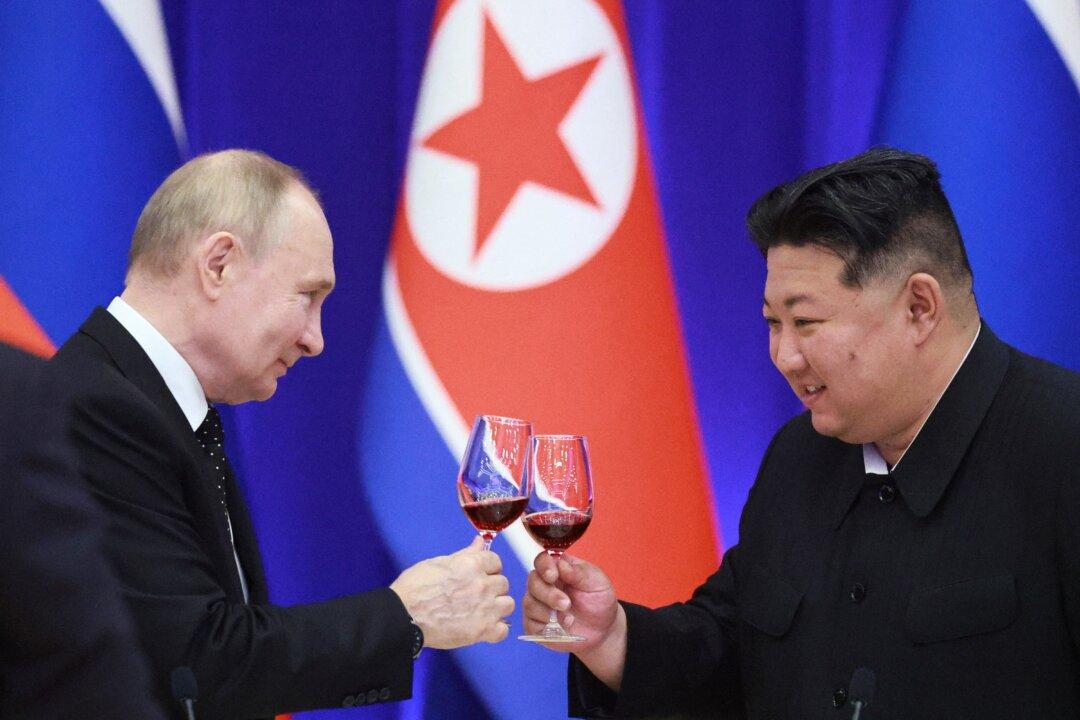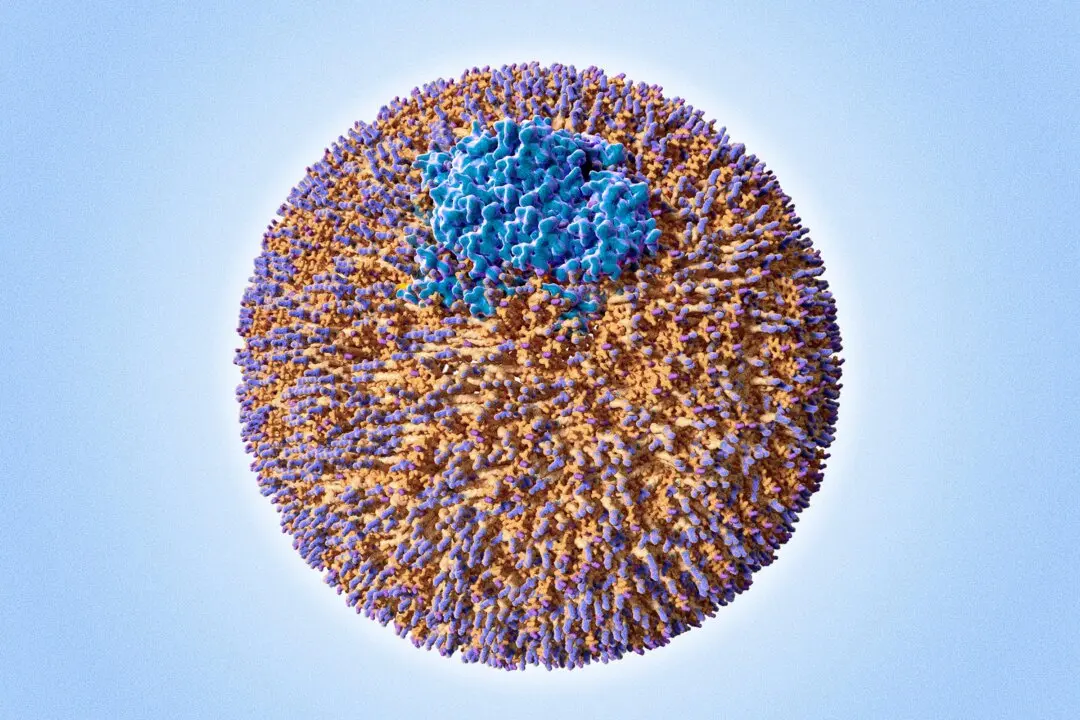North Korea has bound itself with Russia as a co-belligerent by sending elite troops to the Russian camp, according to experts. This, they say, would be a quid pro quo move for North Korea to obtain food supplies and military technology improvements.
About 10,000 North Korean Special Operation Forces (SOFs)—the country’s best-equipped and best-fed troops that had long been training to infiltrate the South and defend against foreign attacks on the North—have been dispatched to Vladivostok and other Russian bases, according to South Korea’s intelligence agency.





